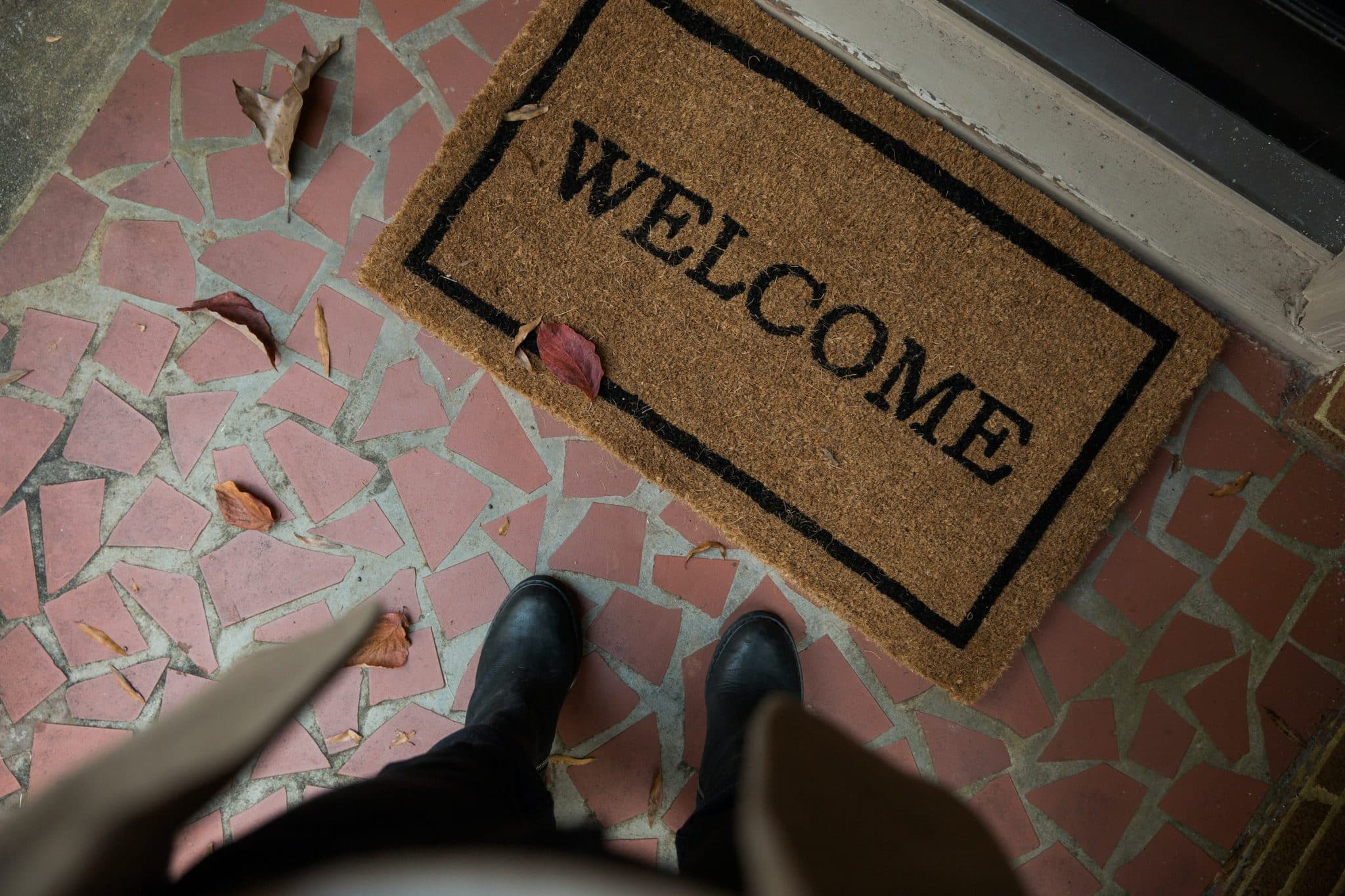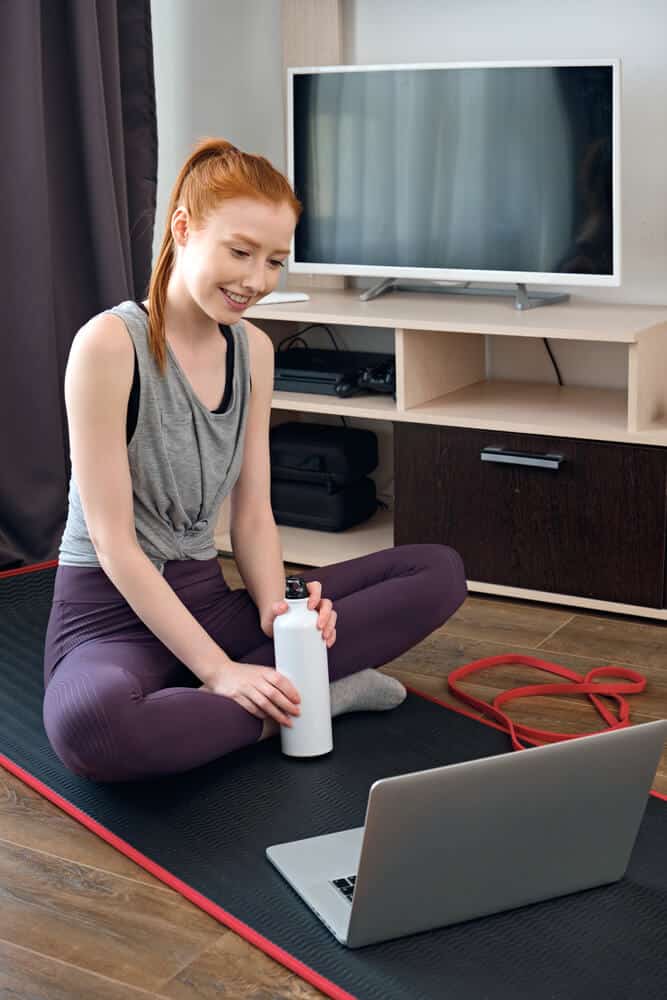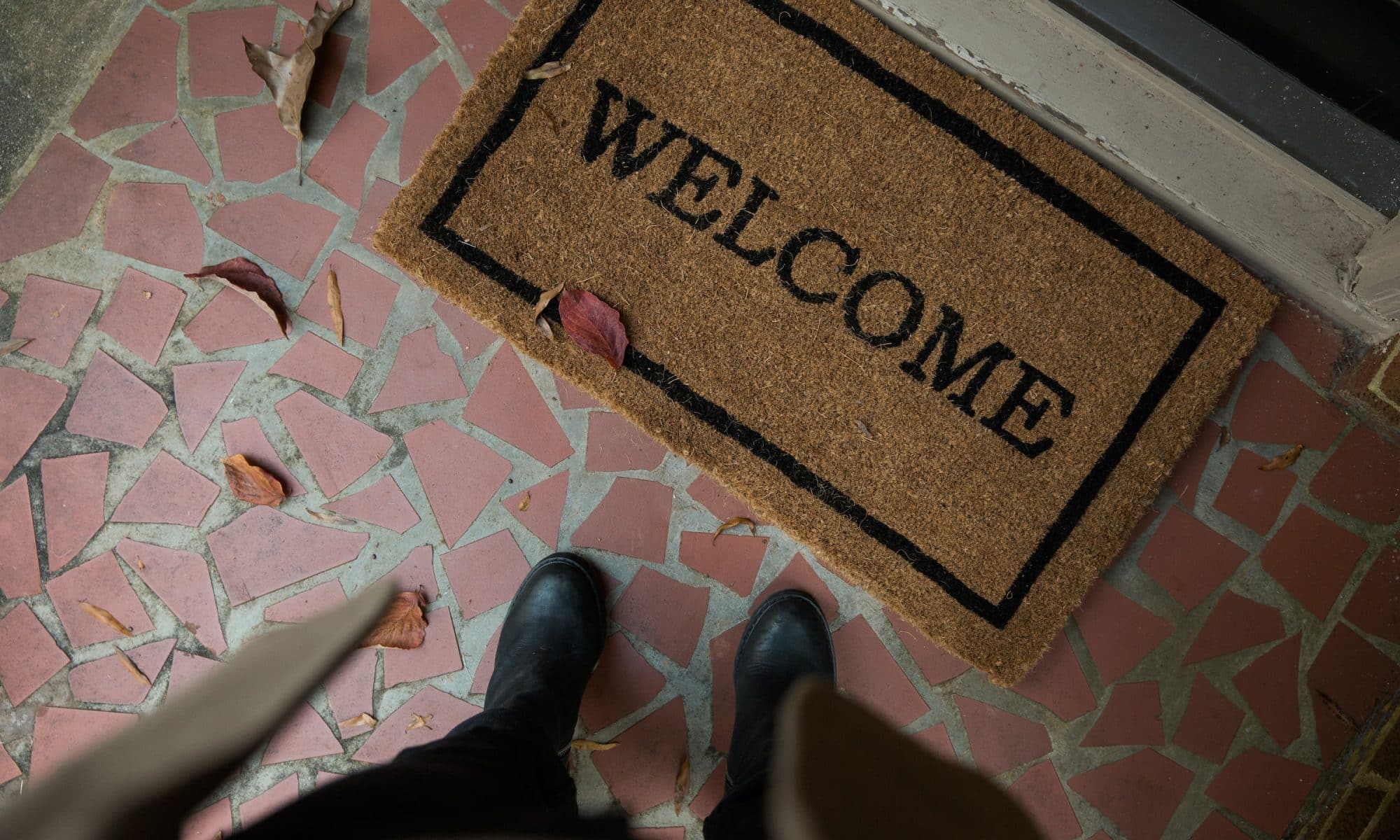You want to rent out a spare room.
Would you like to rent a spare room in your home but don’t know where to start? The usual process is to advertise your home on a property website. With the shortage of accommodation, you could be overwhelmed with applications. Another challenge is you don’t know much about the applicants, so how do you know who to trust? Maybe you don’t feel comfortable inviting strangers to view your home.
HomeHak’s Tenant Selector allows homeowners to filter, sort, select and contact organised home seekers who could be happy in their home. Make an informed selection about who your property would suit best. If you do decide to advertise your spare room, ask for applicants to submit their HomeHak Tenant CVs so that you can filter, sort and select applicants in a consistent format in one place.
Once you have selected someone to view your home, there are many factors to consider and discuss with your potential new resident. This article prompts you to enquire about typical topics and what you may want to agree on at the beginning of any arrangement.
Important
This post focuses on an arrangement where an owner-occupier invites a home seeker to rent a room in their home. This is not considered the same as a landlord-tenant arrangement. Landlord and tenant legislation do not cover you, so the rights and obligations under that legislation do not apply to you. For example, you are not obliged to register as a landlord with the RTB. This also means that residents living in your home live under a licensee agreement, not a tenancy agreement, and are only entitled to reasonable notice if you terminate the arrangement.
In this article, we use the terms “homeowner” instead of “landlord” and “resident”, “lodger” or “home seeker” instead of “tenant”.

Selecting your resident – some considerations and discussion points
Once you have selected the home seekers and invited them to view your home, there are topics we recommend you discuss with your potential resident before selecting who will move in.
Furthermore, you can also establish a formal agreement between yourself as a homeowner and your future resident. There is an example template linked at the end of this article.
Duration and Nature of the Stay
Discuss the intended length of the accommodation period and whether or not that period could be extended. Enquire about their plans and how long they need accommodation. You may have future commitments and need the room back after 6 or 12 months or at a certain date. It is fair to manage expectations so your resident can plan accordingly. Communicate openly about the availability of the room, as flexibility is often attractive to residents.
Damage Deposit
If you are operating a damage deposit system, be clear about the conditions relating to the deposit and provide the resident with a receipt. Make it clear that the damage deposit is not rent and will be returned at the end of the accommodation period if all goes well. If any damage does ever occur, discuss the situation immediately. This will be less awkward than introducing it as surprise news at the end of the accommodation period. Return the deposit if no damage has been caused on the resident’s departure.
Utilities
Give the resident sufficient information about the approximate cost of utility bills. Make special considerations for individual situations. If the resident will be working from home, they could maybe contribute a certain percentage of the electricity or gas bill to reflect the extra consumption.

Rent Payment
Agree on the amount of rent, the day and frequency of payments, the method of payment, and to who it should be paid. Make it clear what is included in the “rent” and if utilities are included, for example. If there are situations when the rent can be increased or decreased in future, make these clear in advance.
Extra services
You may want to offer the resident extra services with the room, such as a secure parking space, cooked meals, laundry services, bed linen changes, etc. If you propose such and agree on additional services with your resident, make sure you factor in the cost of the services into the final agreed rent price for the room. Remember, if services are included in the rent, they must be delivered.
Common Areas
Outline which areas of the home may be considered common areas and which are off-limits to residents. . Generally, a resident would have access to the kitchen, living room, bathroom, back kitchen/utility room, and their bedroom. Still, every household varies, and if you prefer a resident to use a specific toilet, for example, that should be communicated.

Time and consumption limits
Inform the resident of any time limits which may apply to the use of amenities such as the shower, the heating, the tumble dryer, etc. Most people can appreciate the rising cost of living, especially concerning utility bills. If you want to set consumption limits, make the residents aware before they move in to avoid potential disputes later.
Other Limitations
To rent a spare room in your home without incidents, you may want to discuss other limitations. For instance, consider if there will be limitations on visitors, noise, hours of entering and leaving home, use of common areas, etc.
Expectations and Preferences
Discuss any personal expectations, pet peeves or preferences you have regarding your home. It could be related to anything from noise levels to security to cleanliness and so on. Every home and every person is different. If you are accustomed to doing things a certain way, it’s important to remember that people cannot read your mind! Open communication and setting reasonable boundaries early on will help to avoid any frustrations in the future.
Smoking
Many homeowners don’t allow smoking. However, if you permit smoking, discuss the rules for smoking at your home. Outline if there are designated areas, where to dispose of cigarette butts, where to empty ashtrays, etc.
Sharing of Household items
There may be some everyday products that you are comfortable with your resident using. If you are willing to share, we recommend creating a checklist of items to agree on, for example, milk, sugar, tea and coffee, toilet paper, kitchen towels, cleaning products, dish soap or dishwashing tablets, shower gel, shampoo, laundry detergent, etc. Discuss with the resident which common products they have permission to use and how such items will be bought. If certain products should not be shared, discuss these in advance.

Scheduling use of common areas
Schedules can be helpful where multiple people are living in the home. Everyone has different day-to-day lives. It’s considerate and useful to compare schedules with the resident. If necessary, agree on times of use for the busiest areas of the house. For example, you might schedule the use of the kitchen for cooking meals or the use of the main bathroom for taking showers or baths. The goal is to ensure that everybody’s daily routine can run smoothly. Understanding everybody’s schedule from the start can also avoid disruption if, for example, you or your resident must work awkward shift patterns.
Keys
Discuss the resident’s responsibilities regarding holding keys to your home. Specify any conditions, e.g. don’t make copies or that there is a fee to replace lost keys.
Security
For many homeowners, knowing there is a trusted resident in the home offers added security. Demonstrate to the resident how to properly lock doors and windows and set alarms or any other security equipment in the home. Specify your expectations about locking up when the home is unoccupied or before bed. If you have other people nominated as keyholders for your home, such as neighbours, family members, or a security company, make sure your resident is also in the loop.
Household Services/Contracts
Explain any services you may have contracted related to the home and how the resident should handle them in your absence, e.g. refuse collection, signing for post & packages, allowing access to builders, childminders, window cleaners, etc.
Household Responsibilities
Discuss the sharing of household responsibilities with the resident. This might involve, for example, taking turns each week to clean the common areas of the home, watering the plants/garden or taking out the bins to be collected, etc. Discuss and outline the expectations in advance, so there is no confusion later.
Embracing differences
Maybe your resident comes from a different cultural or ethnic background? If so, it is considerate to gen up in advance so that you can ask thoughtful questions about cultural differences that might affect the experience for both of you. Ask the resident what a typical day in their life looks like. Enquire about food and eating habits, work or study hours. You will possibly discover more similarities than differences and more conveniences than issues. For example, if your resident is from Spain, they may like to cook dinner later in the evening, allowing you full use of the kitchen during Irish dinner time!
Pets
Disclose plenty of information about your pets to the resident in advance. Make sure to introduce your pet to the resident before they move in It is important to avoid issues with allergies or where a resident has a fear of animals. Before agreeing to a property viewing, disclose details like the type of pet, size, temperament, etc. Be clear about any expectations concerning your pet, like ensuring doors, gates and windows be kept shut.
Would like your resident to feed your pets sometimes or keep an eye on them while you are away? Would you be happy to recognise such services with a discount on rent? This could be a great advantage if you have pets and would like to rent a spare room in your home. However, don’t forget to mention such expectations in advance.
If you agree with a resident that they can bring a pet to your home, obtain the same information about their pet.

Special Requirements
Discuss with your resident if you, any other household member or the resident, have special requirements, such as a potential need for minor medical assistance. For example, if someone has a severe nut allergy, it would be a good idea to inform all household members where they can find Epi-Pen and how to administer it – just in case. Other conditions might include diabetes, epilepsy, low blood pressure etc.
Emergency numbers
In the event of an emergency, discuss with your resident what to do. Maybe you have an accessible list of phone numbers for local emergency services and family members or neighbours. For your resident, it might be a good idea to share contact details for a family member of theirs, a friend or their workplace in case of any unfortunate circumstance.
Notice period
Agree on a reasonable notice period for termination of the agreement in advance. People living in your home as residents are living under a licensee agreement, not a tenancy agreement, and are only entitled to reasonable notice if you choose to terminate the agreement. Should you require the resident to move out of your home, the process is more transparent if you can invoke a previously agreed-upon notice period.
For when your resident wants to leave, outline how your resident must communicate the notice (e.g. email or letter). State how long in advance they should advise you of the leaving date. Make it clear that you will return the damage deposit at the end of the final rent period if everything is satisfactory.
Sample homeowner-resident agreement
Finally, if you rent a spare room in your home, consider having all the norms in writing. To make it easier, we have created this sample agreement (click here to download). Feel free to modify this sample agreement outlining living arrangements to your liking.
Further reading
If you would like to rent a spare room in your home, we recommend you look at this article.
For more information about the Rent-a-room relief, visit Citizensinformation.ie.






